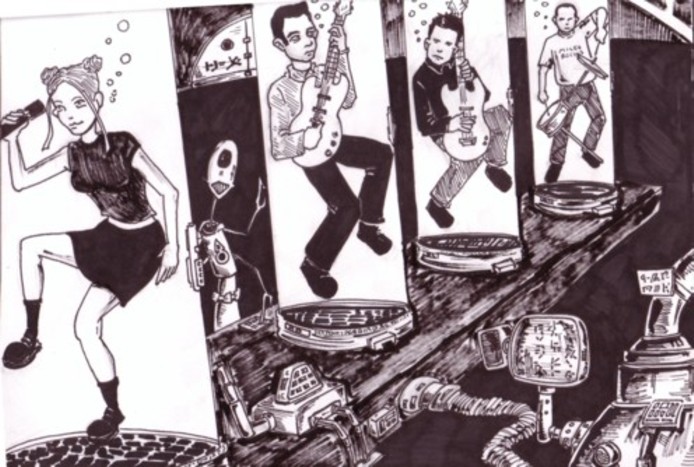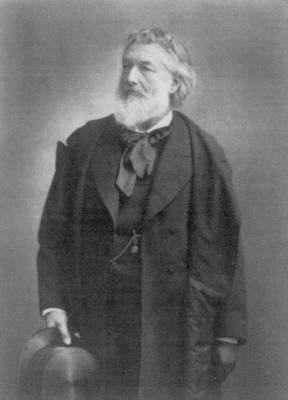

Tiffany Randol, lead singer of the bebob combo Valeze
Photo courtesy of Steward Noack (House of Indulgence)
The four members of Valeze: Tiffany Randol (vocals, kazoo), Rich Bennet (flugelhorn), Billy Likitasakos (banjo) and Miles Kennedy (yodeling, xylophone, rhythm tuba) were born and raised in the Central American nation of Cosa Nostra and named their band after their home country’s capital city.
The group came to America after receiving Ping-Pong scholarships to NYU and began working on their unique musical expressions. Though many naysayers would claim that hip-hop, bluegrass, and Baroque chamber music could never be blended into a club-worthy trip hop experience, Valeze proves otherwise with their first EP “Come Undone.”
Each song on the record proves that it is possible to create an emotional and powerful listening experience while writing songs that do nothing but tell about the Treaty of Westphalia (1648). “Hard to Forget,” a reggae-operatic piece about the Calvinist machinations of the Peace of Augsburg (1555) opens the record with a bang and is followed up by “Let U Go” a country and western/be-bob rap song about military advancements instituted by Swedish king Gustavus Adolphus during the Third Phase of the Thirty Years War. “Not that Easy,” a beautiful Latin-pop/speedmetal/Christmas ballad describes how The Defenestration of Prague acted as a match to the powder keg of Seventeenth-Century Catholic-Protestant tensions, particularly over the Electorate of Paletine. “China Doll” uses a simple Urdu language a capella-style reworking of La Marseillaies, the French National Anthem, to tell the story of Bohemian and Moravian dissent under Hapsburg rule. The record finishes with a bang as “Please Me” recounts, in a techno-rockabilly fashion, how the Treaty of Westphalia enabled the Prussians to gain full independence from both the Austrians and the Holy Roman Empire.
In all, “Come Undone” is perhaps one of the top 100 albums about the Thirty Years War and definitenly the only one to express the true emotional impact of the war and its subsequent treaty while looking at the whole thing from the perspective of basic quantum physics. This album is a must-have for any true lover of 17th century warfare and quarks.






